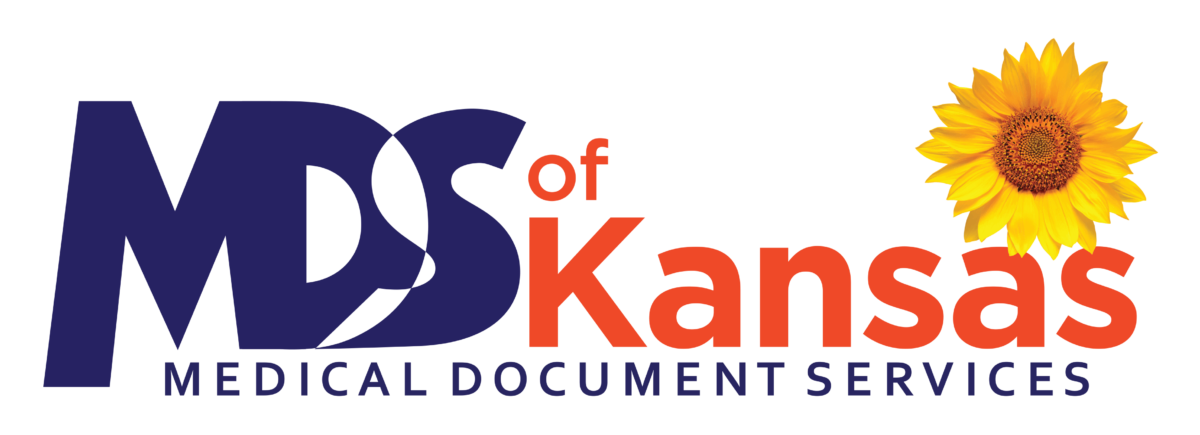Are you currently a Medical Transcriptionist or Medical Assistant looking for a new direction? We have a solution – medical scribe. A medical scribe is similar to a medical transcriptionist and a medical assistant rolled into one.
The merging of advanced technology, EHR, with continued emphasis on efficient and accurate health documentation has created a new career in the allied health profession. While actually not entirely new, the need for clinical documentation specialists who offer services in real time for medical providers is becoming more prominent as healthcare providers seek ways to be more efficient and compliant with new regulations.
Health Information Managers, also known as “medical scribes” offer an efficiency that enhances patient care. The physician or clinician is able to focus more of their time and energy on patient communication, diagnosis and treatment, than on administrative tasks such as dictating and ordering diagnostics.
The increased use of electronic medical records has made the health records system more complicated for many providers. A clinical information manager, also called a “scribe”, is a medical language specialist who accompanies a physician into the exam room and inputs clinical information into a medical record database as instructed by the practitioner. They may also input ancillary orders and track results to assist the practitioner in the administrative duties of patient care. They provide an interface between a busy physician and the EMR software, which allows the physician to focus on direct patient care and diagnostic decision-making.
ONSITE, REAL-TIME, AT THE POINT OF CARE, HEALTHCARE DOCUMENTATION .. that is the role of a Medical Scribe (CIM).
